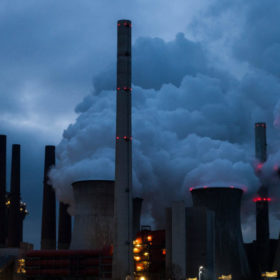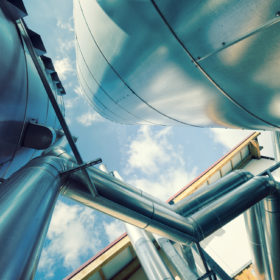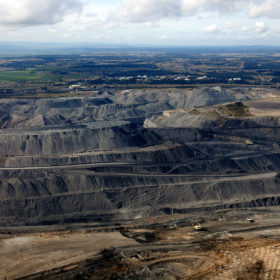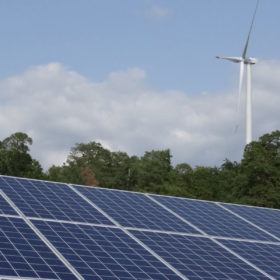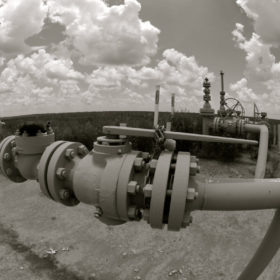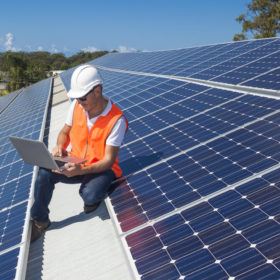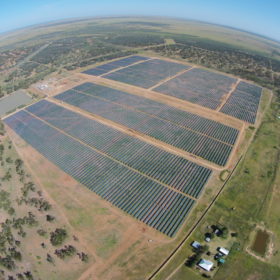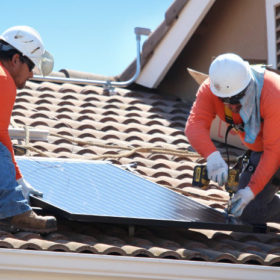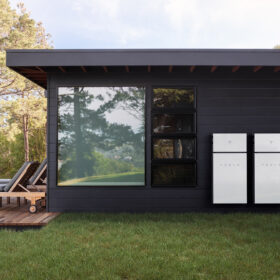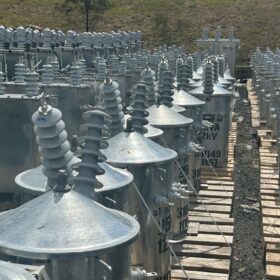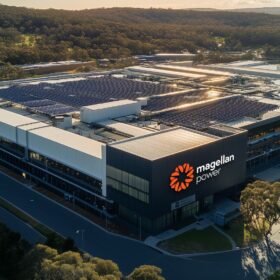Australia poised to become one of the world’s largest polluters as emissions surge
Studies, reports and data continue to pile up, showing Australia is falling behind its international climate commitments. What is more, the nation is on track to become a global emissions superpower, and could be responsible for up to 17% of global emissions by 2030, according to new research. Another report shows Australia’s greenhouse gas emissions surged again in the first quarter of 2019 as the downward trend in the electricity sector reversed and fugitive emissions from the LNG industry reached record high.
Queensland government opens funding for new hydrogen projects
Applications are now open for the Queensland government’s $15 million Hydrogen Industry Development Fund, which will support sustainable and renewable hydrogen projects across the state.
Australia’s greenhouse gas emissions continue to rise thanks largely to gas and coal extraction
While the Federal Government may insist Australia is on track to meet its international commitments, a number of studies, including the government’s own figures, show exactly the opposite. In its latest report, The Australia Institute points to “concerning upward trends” in emissions from fossil fuel mining.
States take over on climate change, but NSW and Queensland make patchy progress
With no new measures to the reduce emissions in the electricity sector and no renewable energy target beyond 2020, federal government leaves little room for hope for policy driven renewables expansion. At a state level, ambitious renewable energy targets could help fill the policy void to a certain extent, but some states are falling short of their self-imposed targets for either renewable energy or emissions reductions.
Australia edges closer to national hydrogen strategy
Nine issues papers have been developed following national and international consultation as Australia seeks to tap the global transition to lower emissions sources of energy.
Victoria’s Solar Homes program returns with a bang
The first-in best-dressed Solar Homes program kicked off on Monday, with a half of solar rebates available in July snapped in the first day. The revamped scheme will be accompanied with a more stringent auditing program and other measures to optimize the rollout following difficulties that have plagued round one.
Queensland government to convene urgent solar industry roundtable
After a Court of Appeal dismissed the government’s application to enforce regulation requiring licensed electrical workers to mount and fix unplugged solar panels, the Queensland government has called for an urgent industry roundtable to discuss safety in large-scale solar farms.
Details emerge on audits planned for VIC Solar Homes program
After encountering some problems in the first round of the Victorian Government’s Solar Homes program, round twois set to be backed up by more stringent auditing program. Exactly what this entails is becoming more clear.
NSW readies to launch interest-free solar battery loan program
The Berejiklian government is gearing up to deliver on its election pledge and roll out interest-free loans for home battery systems. The program holds the promise to help up to 300,000 households save hundreds of dollars on their power bills.
Queensland government loses appeal, contentious solar installation regulation remains invaild
Queensland’s Court of Appeal has dismissed the government’s application to enforce regulation requiring licensed electrical workers to mount and fix unplugged solar panels.
